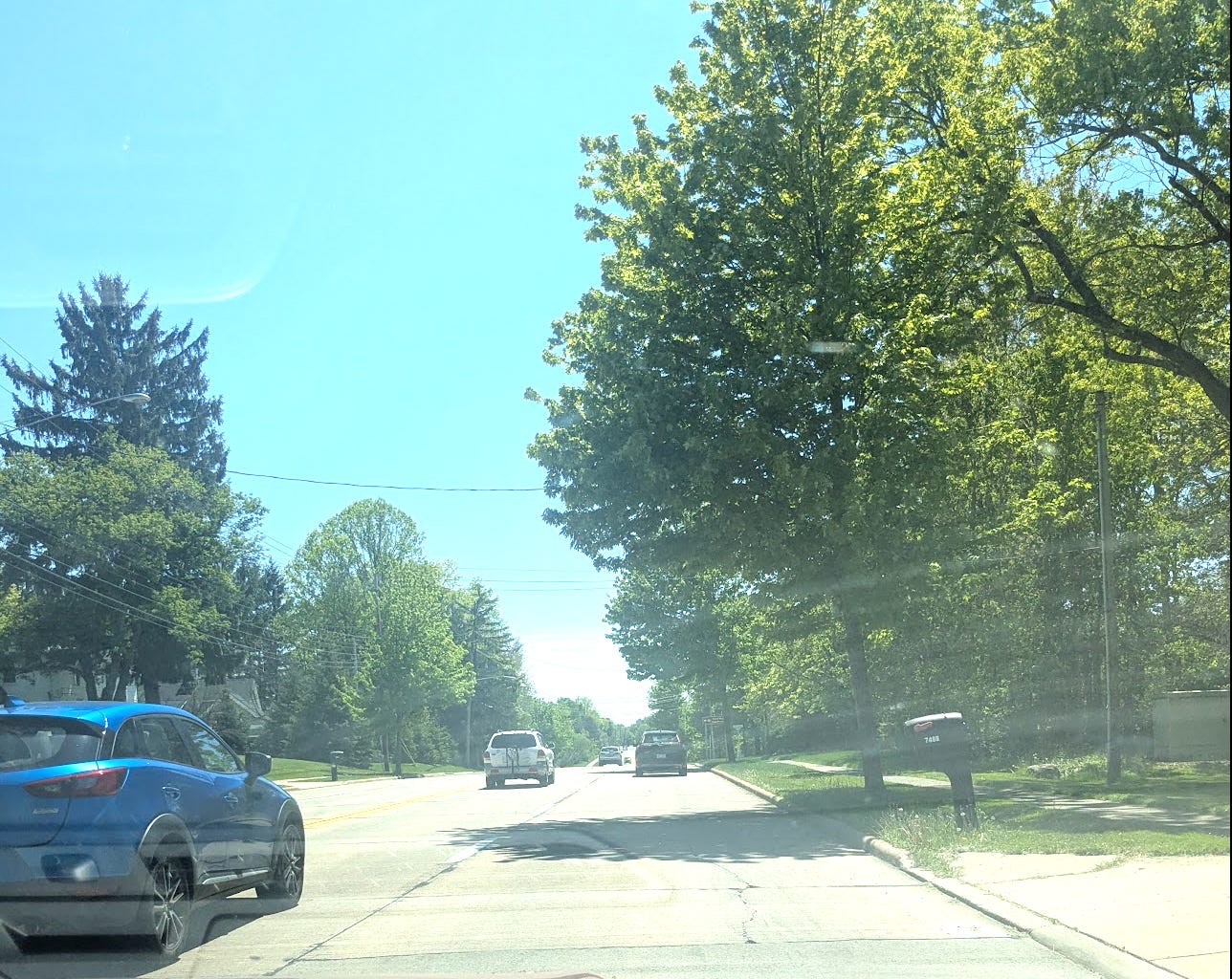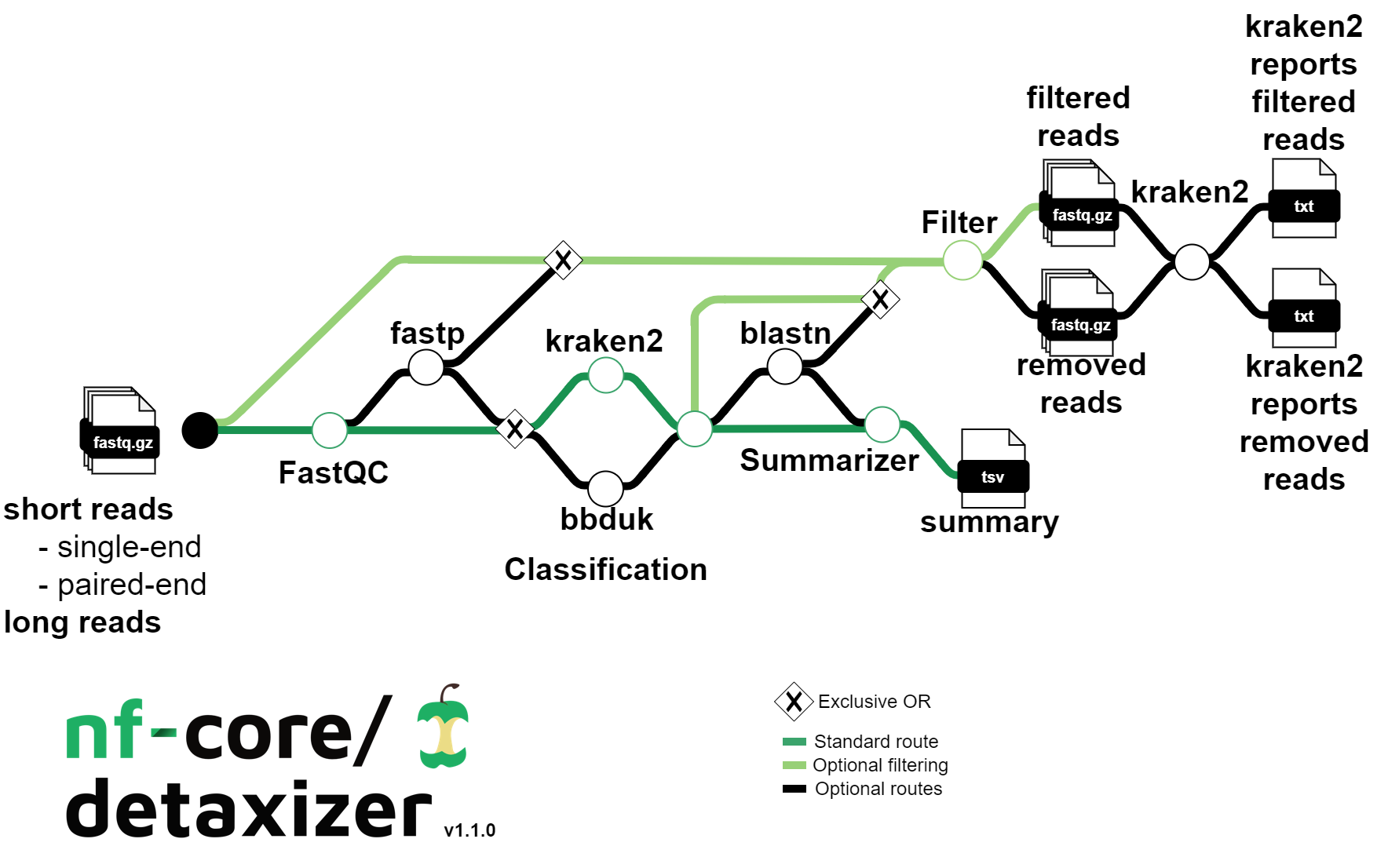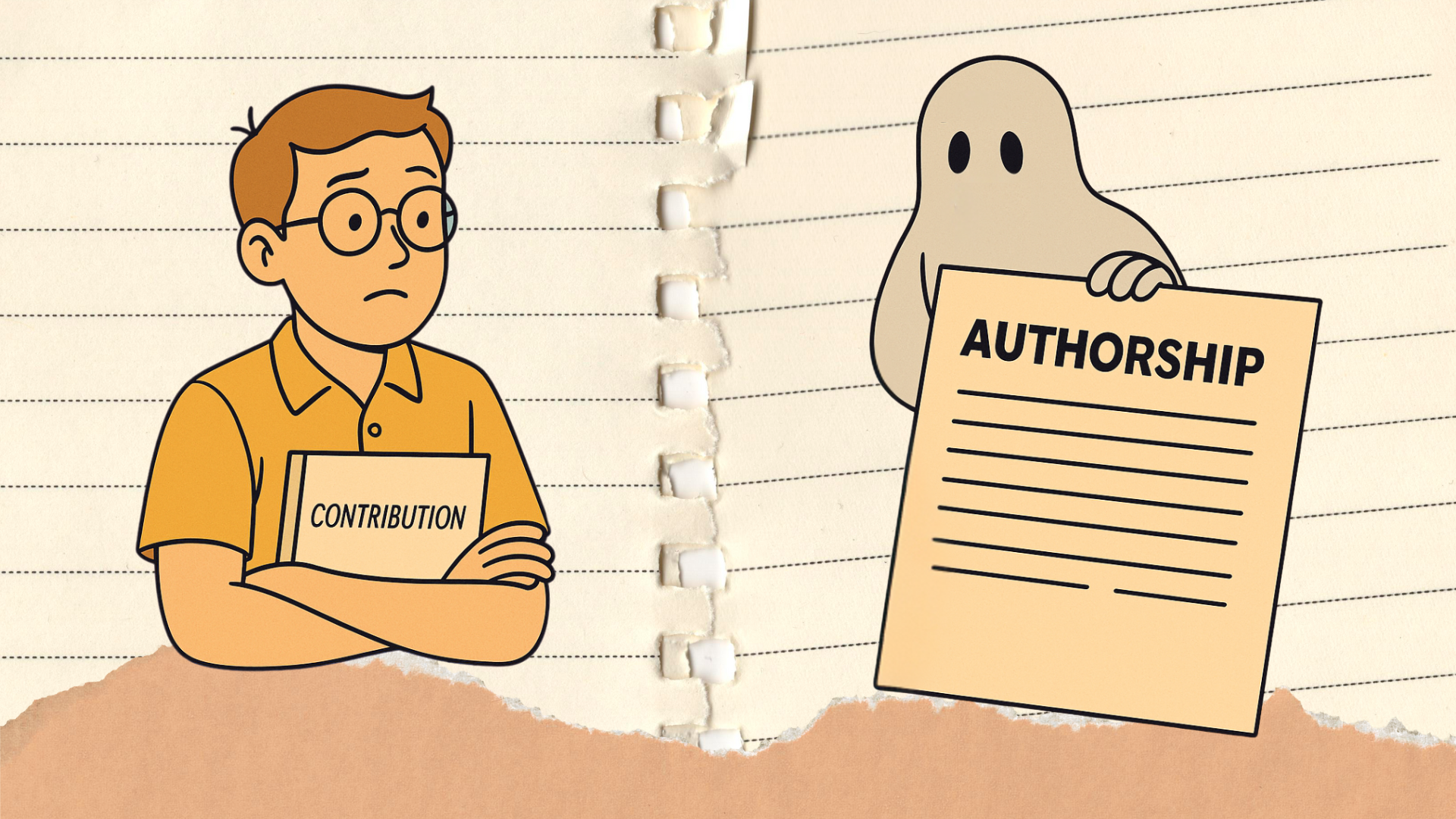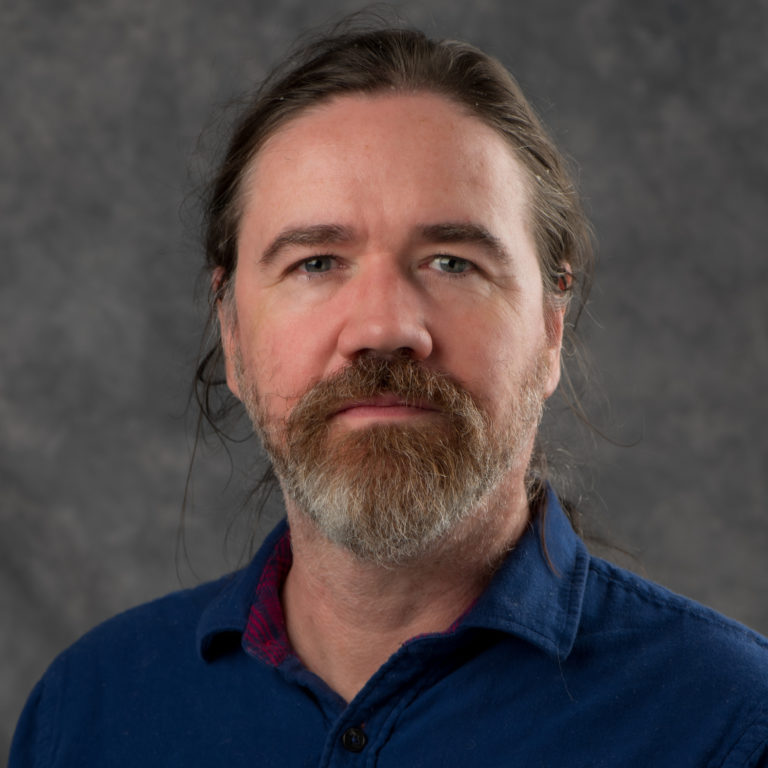Das Urheberrecht an einem Werk geht mit Tod der Urheberin nicht verloren, sondern auf ihre Erben über. Diese dürfen das Werk nutzen und wirtschaftlich verwerten, müssen jedoch mit Einschränkungen rechnen. Bei Werken, die sich auf Online-Plattformen befinden, sollte die Urheberin zusätzliche Schritte bei der Nachlassplanung beachten.
Rogue Scholar Beiträge
Abseits des medialen Fokus auf andere globale Krisen zählt die venezolanische Fluchtbewegung zu den größten der Gegenwart – fast 8 Millionen Menschen (mehr als 25% der gesamten venezolanischen Bevölkerung) haben in den letzten zehn Jahren ihr Heimatland verlassen.

Recently, Kelsey Piper shared that o3 (at time of writing, one of the latest reasoning models from OpenAI) could guess where outdoor images were taken with almost perfect accuracy.
DOI: 10.60804/KKE3-6Q77 Marta Teperek is the Programme Leader for FAIR Data at Open Science NL. She is a researcher by training and obtained her PhD in epigenetics and developmental biology from the University of Cambridge. Hans de Jonge is the Director of Open Science NL. He has worked at NWO since 2018. As a programme leader, he was responsible for various aspects of NWO’s open science policy.
If you are into running, chances are that you will be chasing your PB (personal best) times. This post is about using R to search for your PBs, and to monitor them over time. Usually runners target four distances for PBs: 5 km, 10 km, half marathon and full marathon. It’s likely that a PB will come in a race of exactly that distance, but not necessarily. For example, you can hit a 5K PB during a 10K race.

The story of American innovation has always hinged on a singular question: When the moment comes, will we move with intention, or hesitate until it’s too late? On April 8th, 2025, the National Security Commission on Emerging Biotechnology (NSCEB) dropped its final report. A 195-page beast of a document. Dense, detailed, and urgent. The kind of thing Washington usually takes months to digest, if it bothers to read it at all. But this time?

This week’s recap highlights polars-bio for fast and scalable and out-of-core operations on large genomic interval datasets, combining DNA and protein alignments to improve genome annotation with LiftOn, feature selection methods for scRNA-seq, STRkit for read-level genotyping of short tandem repeats using long reads and single-nucleotide variation, and nf-core/detaxizer for decontamination of human sequences in metagenomics data.

Today I released a new version of the commonmeta-py Python library with major improvements in Crossref DOI registration, including refactoring to use the Python marshmallow library, XML schema validation, and API calls to Crossref and InvenioRDM instances via the commonmeta-py command-line interface.Using the marshmallow library Marshmallow is a popular Python library for converting complex objects to and from simple Python datatypes.
Why rethinking PhD trajectories matters now In the last few years, we have witnessed a growing interplay between the Open Science (OS) movement and the reform of research assessment through global initiatives such as CoARA. In the Netherlands, national efforts like Recognition &

For my very first blog post on this platform, I got inspired by the name of the blog support system itself— Ghost . It made me reflect on a phenomenon that many early-career researchers quietly experience: ghost and ghosted authorship in scientific publications. Let’s plot the scene: You’re a PhD student or a young postdoc, and your manuscript is finally ready for submission.

BOSC 2025 keynote speakers and panelists KEYNOTE: Chris Mungall Open Knowledge Bases in the Age of Generative AI KEYNOTE: Christine Orengo Working together to develop, promote and protect our data resources: Lessons learnt developing CATH and TED Panel: Data Sustainability BOSC 2025 Schedule at a Glance Schedule of talks coming soon! Poster list coming soon!